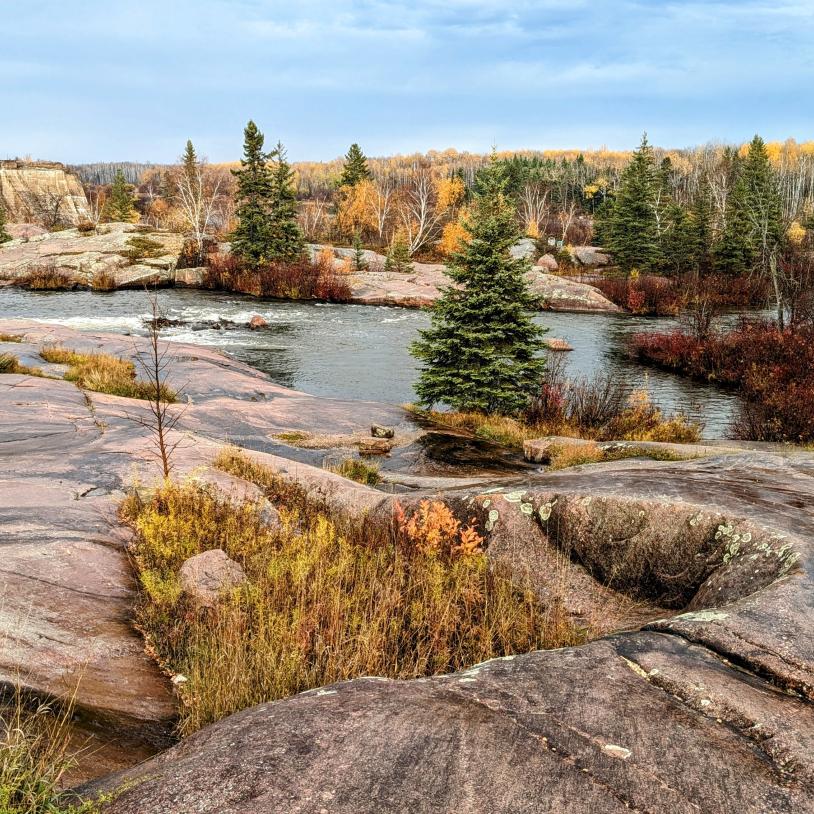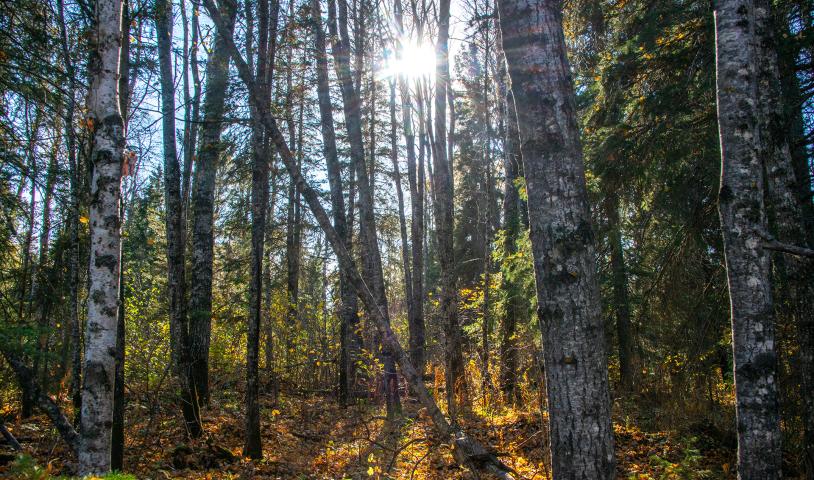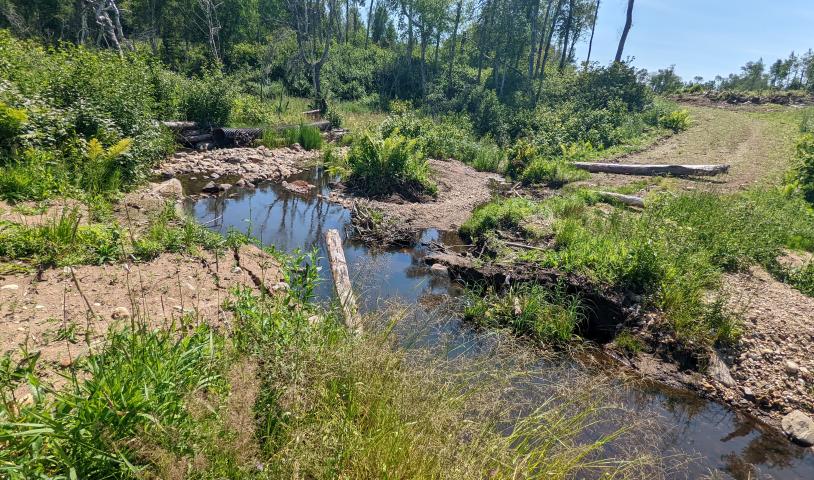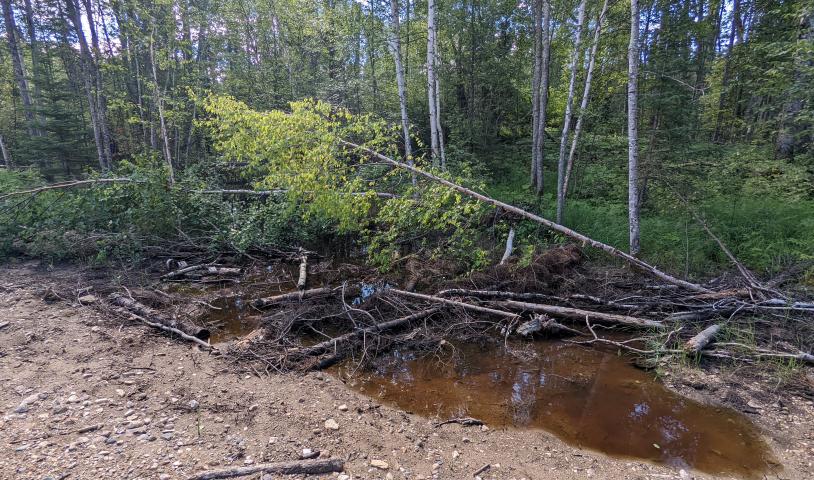Rallying support to protect Lake Winnipegosis islands
Tuesday, April 4, 2017
An alliance of two First Nations and a pair of conservation organizations are hopeful Manitobans will quickly weigh in on a proposal to protect eight islands on Lake Winnipegosis from development.
Goose Island and Grand Island park reserves, in the north basin of Lake Winnipegosis about 175 km north of Dauphin, were granted interim protection in 2001 as lands representing the Mid-Boreal Lowland Ecoregion as well as an important wildlife habitat.
That protection was extended by five years in 2006 and 2011. They were re-established as reserves in mid-December, with public comments on the proposals to designate them as provincial parks expiring on Friday.
The interim designation expires in June, at which point the areas could revert to Crown land, be extended a further five years or be “permanently protected” as natural provincial parks.
Classification under the back country land use category would prohibit development such as logging, mining and hydroelectric development, or any other activity that would adversely affect habitat.
“There’s always concern that there may be opposition, or a lack of government will to see it through. We feel it’s real important to allow friends to encourage the government as much as possible,” Ron Thiessen, executive director of the Manitoba chapter of Canadian Park and Wilderness Society, said Wednesday.
The province said in a statement that the process will include consulting with affected indigenous communities and a recommendation will be made prior to reserve status expiring.
Reserve status on nearby Pemmican Island was allowed to expire as Goose and Grand were re-established, allowing for mineral exploration. The province has said it maintains an interest in protecting the island once exploration is completed in three to five years.
Sapotaweyak Cree Nation, Pine Creek First Nation and the Manitoba chapter of the Wilderness Committee are also behind the effort to create the new provincial parks.
The Goose Island reserve is 145 hectares and includes five separate islands. Grand Island reserve is 1,035 hectares and includes two smaller islands. They provide breeding grounds for a number of colonial waterbirds as well as habitat for moose, fox and numerous songbirds.
“It’s certainly important for the Indigenous culture in the area for thousands of years, for their subsistence and cultural practices,” Thiessen said.
He said any development on the islands could have an effect on Lake Winnipegosis, which supports commercial and recreational fishing as well as tourism, and eventually Lake Winnipeg, which it flows into.
More information including an online comment form can be found at http://www.gov.mb.ca/sd/parks/consult/park_name/renewal_goose_islands.html.
Read the original article here





